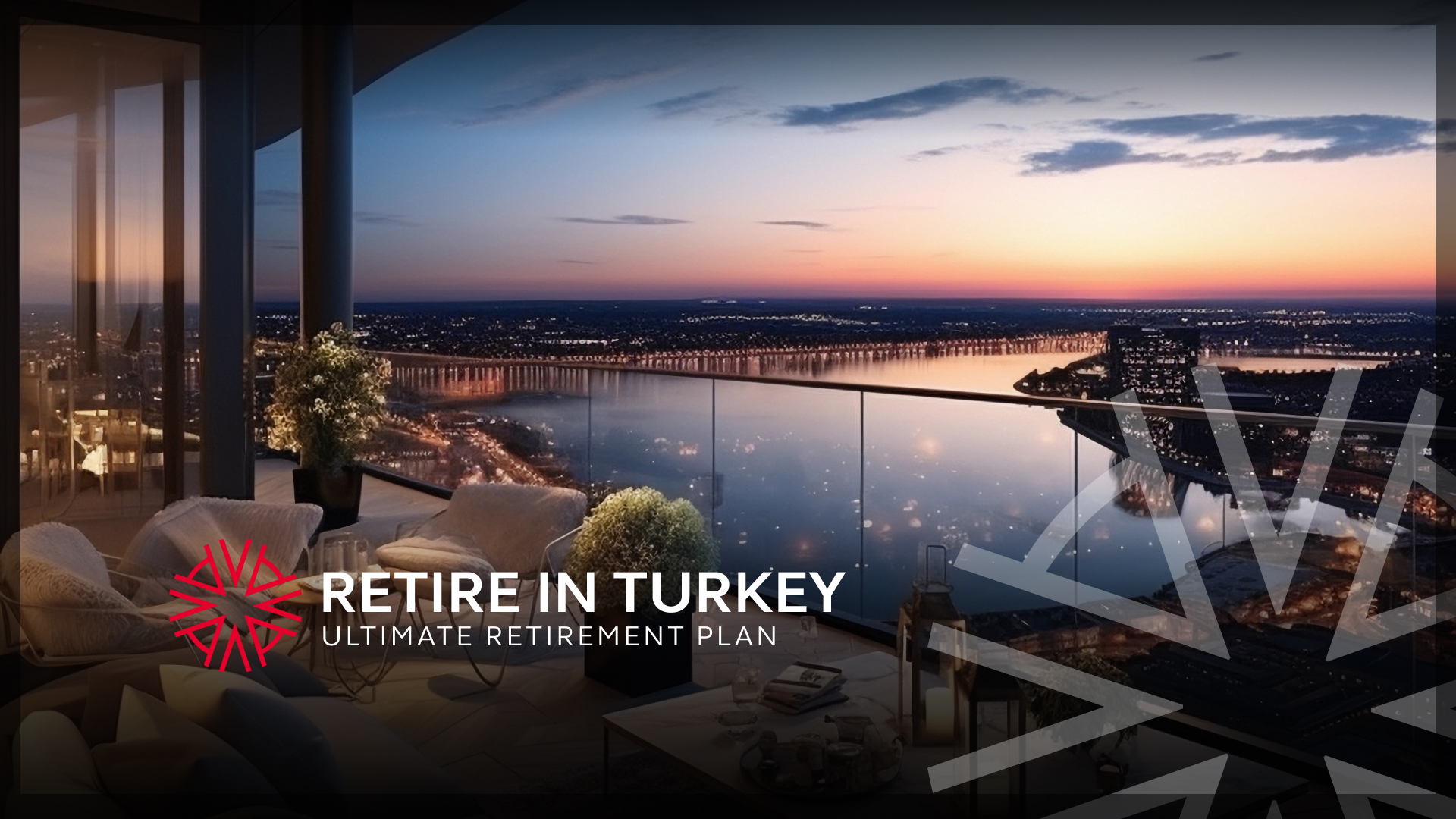Among other things, Citizenship by Investment programmes (CIP) are a means of migration from countries with greater restrictions to countries with a wider sense of freedom. From the global economic perspective, investment migration withdraws funds from ‘unfree’ jurisdictions to the more liberal in terms of personal freedom, safety, taxation and mobility.
Apparently, it’s affluent individuals who benefit from these programmes and transfer their capital and talent to the new countries of residence. In order to retain the HNWI or urge them to return, their countries of origin would have to introduce change and reforms that would improve the lives of all citizens. Thus, investment migration is a signal for the ‘points of departure’ and a limiting factor to internal coercion.
Let’s take a look at the Human Freedom Index (HFI). It’s an all-round global index ranking various countries by overall freedom from 1 to 10. The HFI encompasses over a dozen indices (the Press Freedom Index, the Index of Economic Freedom, the Economist’s Democracy Index, etc.) and almost 80 indicators. Among the latter, you can find safety, rule of law, freedom of conscience, bureaucracy, property rights, access to wealth, business freedom and more.
Here are a few curious facts. Four countries in the world are both popular destinations and points of outflow for investment migrants: Malaysia, South Korea, Thailand and the US. New Zealand scores the highest globally with 8.89 while Syria has the lowest rank with 3.77.
According to the data from the Index, destination countries greatly outperform departure countries in terms of Human Freedom ratings. An average score among the former was 8 while the latter showed an average score of 6.06.
Apparently, affluent individuals are securing their future and pursuing the most favourable conditions for life and business. In this regard, overall freedom as defined by the HFI is becoming one of the decisive factors.













